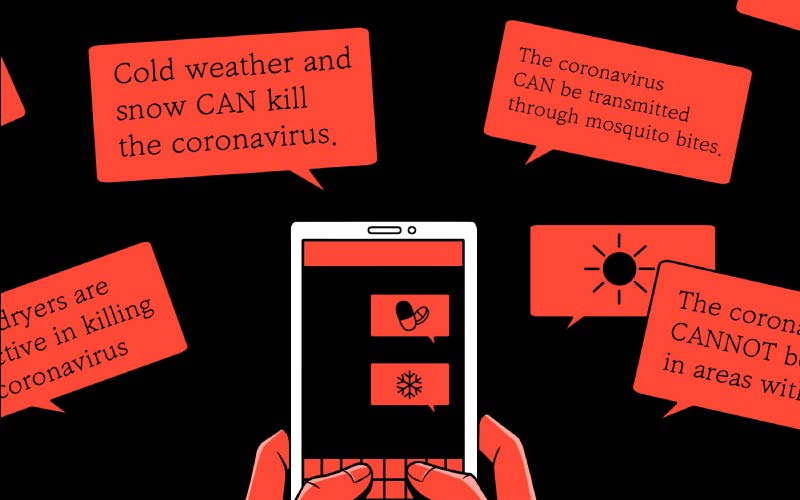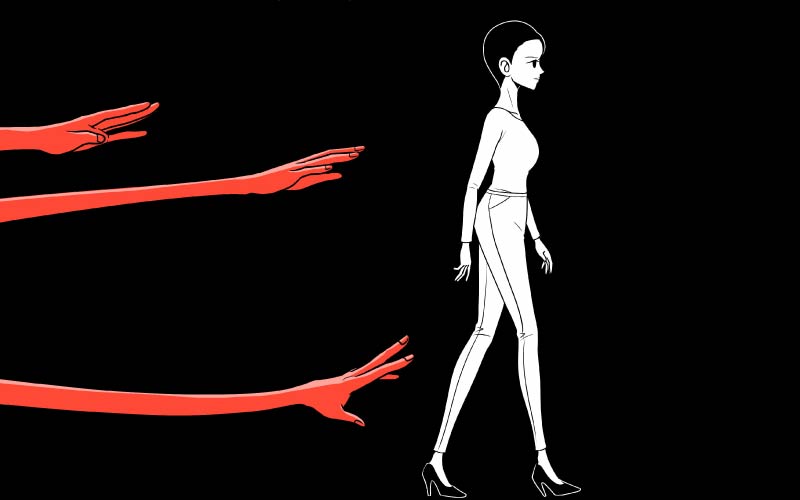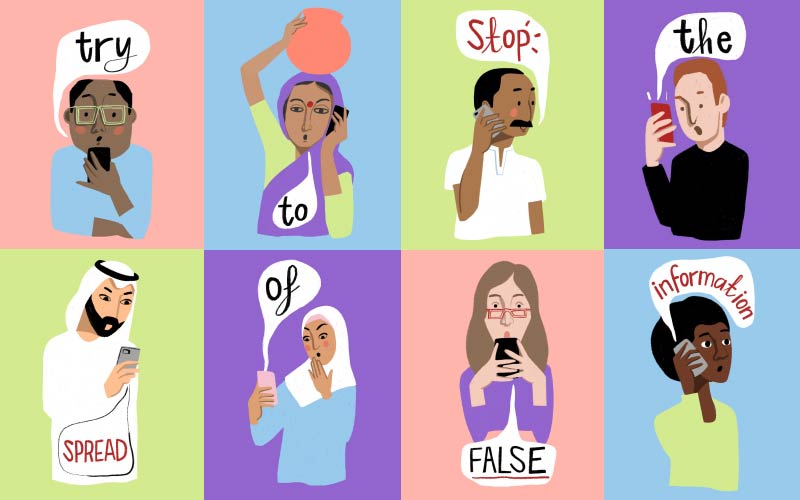There’s a pandemic that has been here longer, is deadlier, and spreads faster than the coronavirus pandemic. During a gathering in mid-February, Director-General of the World Health Organisation (WHO) Tedros Adhanom Ghebreyesus said, “We’re not just fighting an epidemic. We’re fighting an infodemic.”
An infodemic is the overabundance of both accurate and inaccurate information, making trustworthy and reliable sources extremely difficult to find. With this overload and the availability of social media and messaging platforms, the circulation of fake news is even harder to contain.
Here’s why fake news isn’t something that anyone should take lightly and what you can do to cure this virus.

Fake news can cause much damage especially to the people involved in the news. With a pandemic faced worldwide, it is even more detrimental now as we prevent COVID-19 from spreading and chase towards a cure.
There are three umbrellas of fake news revolving the coronavirus that has caused an ‘insidious confusion’ namely, the misinformation regarding the cure of the coronavirus, the false origin of the virus, as well as the false information regarding the situation.
This situation is heightened when these statements are made by politicians and public figures through social media accounts due to their higher reach in social engagement. For instance, many people believed in the statement made by a certain politician that strong sunlight or disinfectant could be used to treat COVID-19 despite there being no specific vaccines or cures developed for COVID-19.
Did you know? Though there aren’t any specific cures for COVID-19, there have been clinical trials conducted on available medication and plasma transfusion.

Fake news isn’t just scary because it misinforms someone about something. Instead, it’s insidious because of the fear and the consequences that come out from it.
Before the Movement Control Order (MCO) was implemented on the 18th of March, many people were informed that ‘a possible lockdown was on its way’ through communication apps like WhatsApp. This caused many people to panic buy necessary supplies, from food and toilet paper to sanitisers and face masks, resulting in shelves being wiped out even before the MCO began! This behaviour led to a shortage of these essential items needed by healthcare workers as well as affordable food for the less privileged.
Additionally, the spread of misinformation about the origin of the virus doesn’t just affect the mentioned country, it affects the people worldwide and sparks racism and hate among each other. Individuals of Chinese ethnicity living in different countries are stigmatised immediately and African residents are forced out of their residences in China due to news on cluster cases of a Nigerian community there.
Did you know? Social media platforms accelerate stigmatisation amongst the public. Learn more through Taylor’s School of Media and Communication eForum ‘Blaming Malaysia: Stigma in Malaysia and Indonesia amid COVID-19 Pandemic’.

The good news is that fake news is much easier to prevent and cure (though it’s still fairly difficult). Here are 3 simple steps to remember when receiving any information that is not from a reliable source or could be suspicious:
Tip: Appearance can be deceiving. Beware of these red flags that could save you from falling victim to fake news.
Tip: Do your part by submitting any fake news you received on official platforms to stop it from circulating further.
As official groups and governments do their jobs in preventing this spread, let’s also play our part. While we continue practising different ways to prevent the spread of COVID-19, remember to also exercise information hygiene by filtering information or getting them through official government sources.
Tip: Reduce your time with false information. Use Coronatracker or visit the official COVID-19 page to help you navigate through the pile of information out there.
